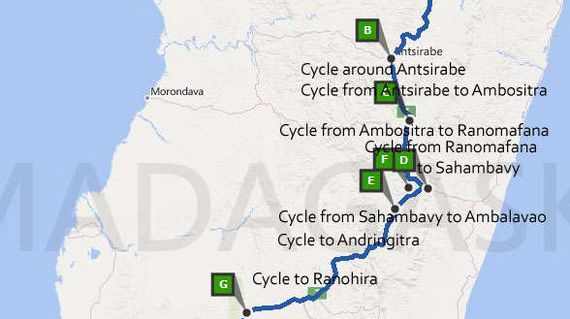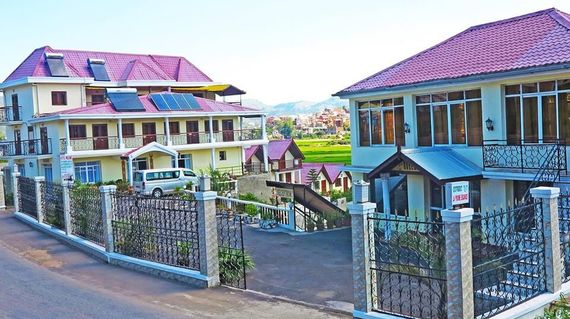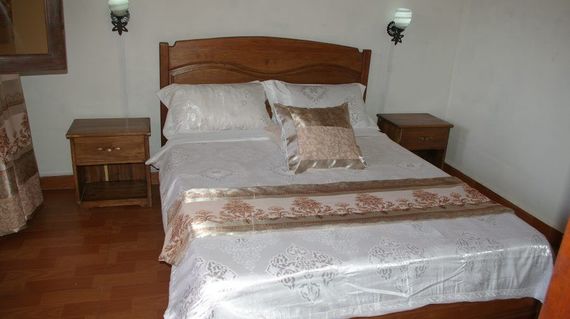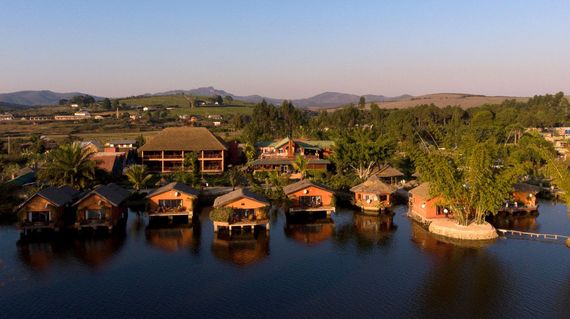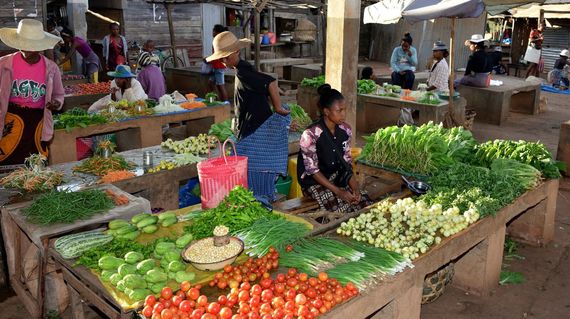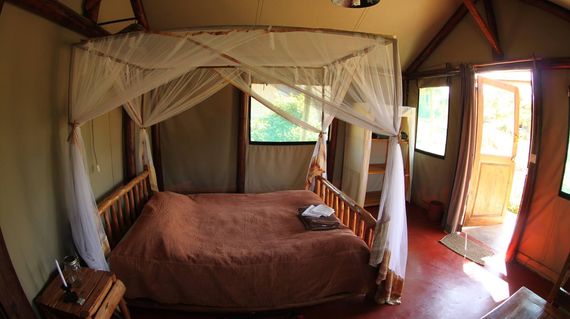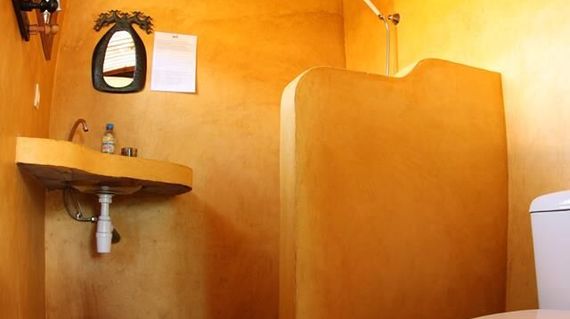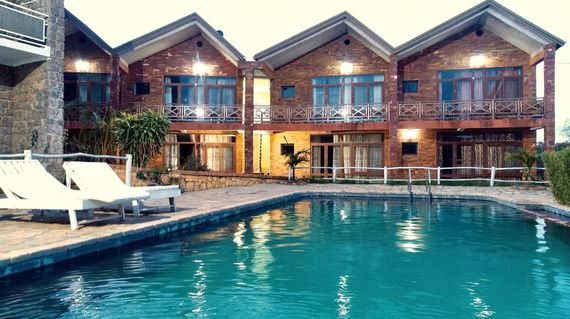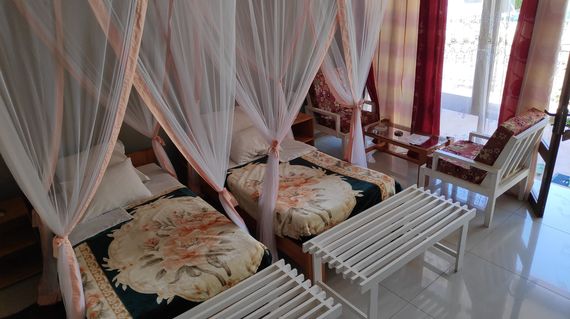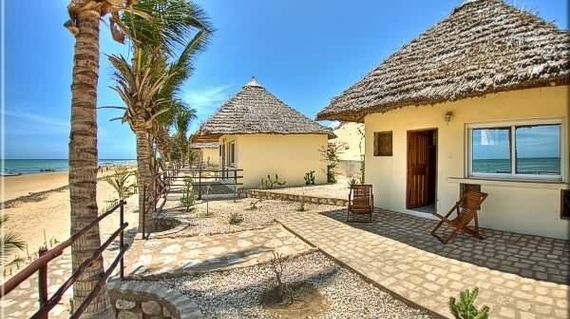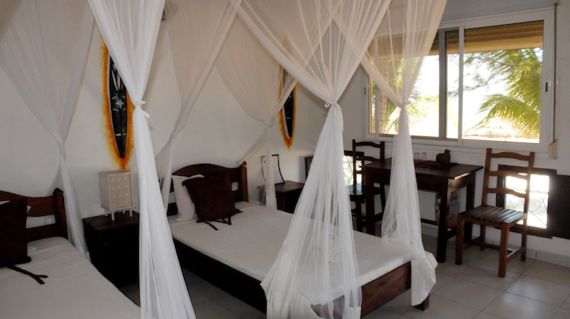We deal directly with each tour operator, which means we can guarantee you the best price. If within 24 hours of your booking you find the exact same tour elsewhere for a lower price, let us know and we'll refund you the difference!
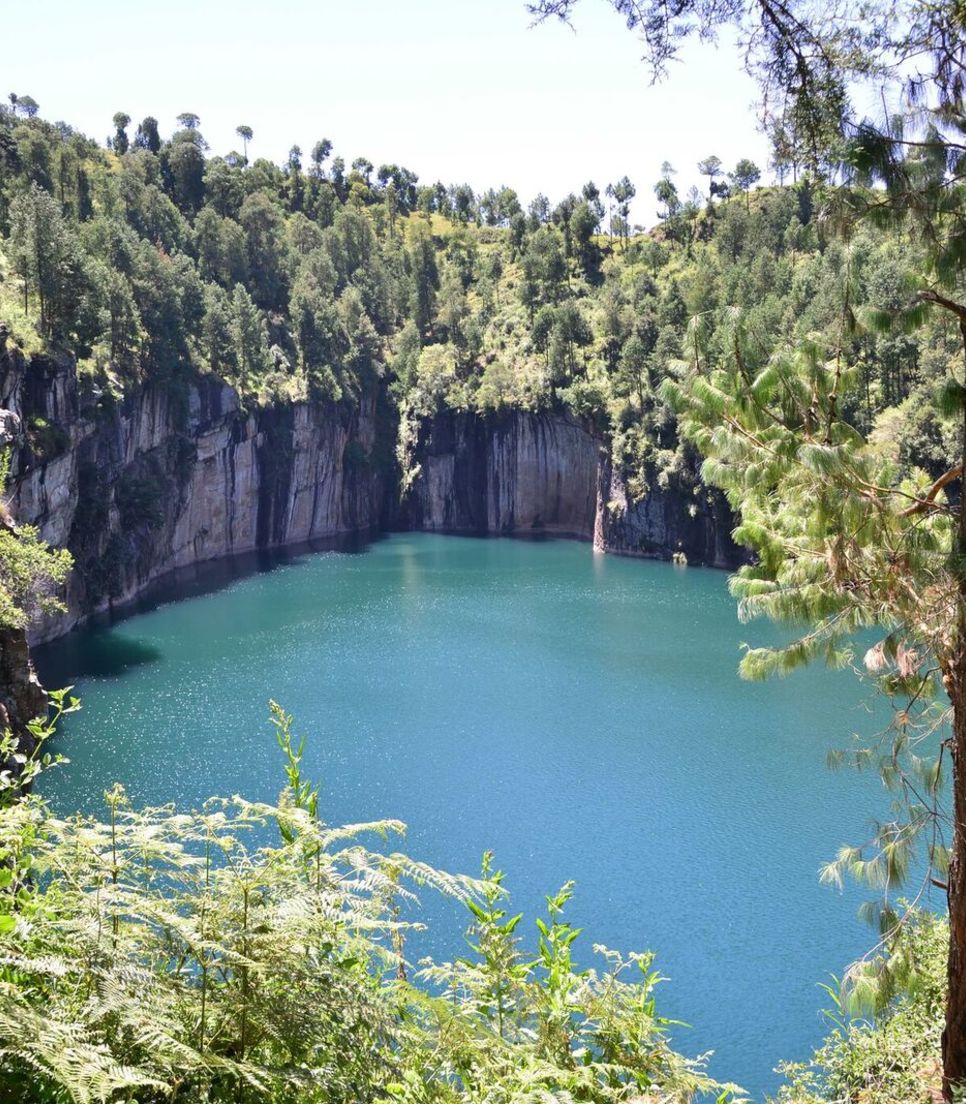
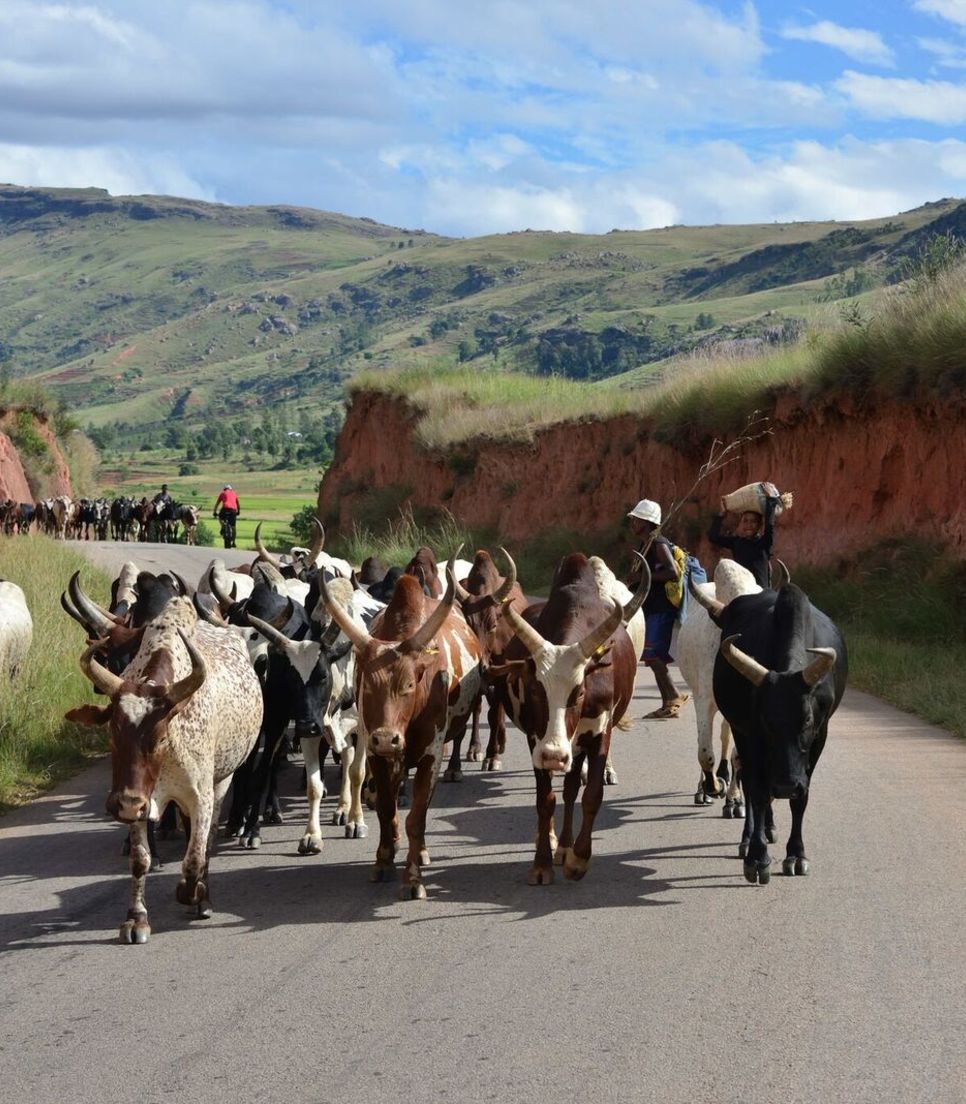
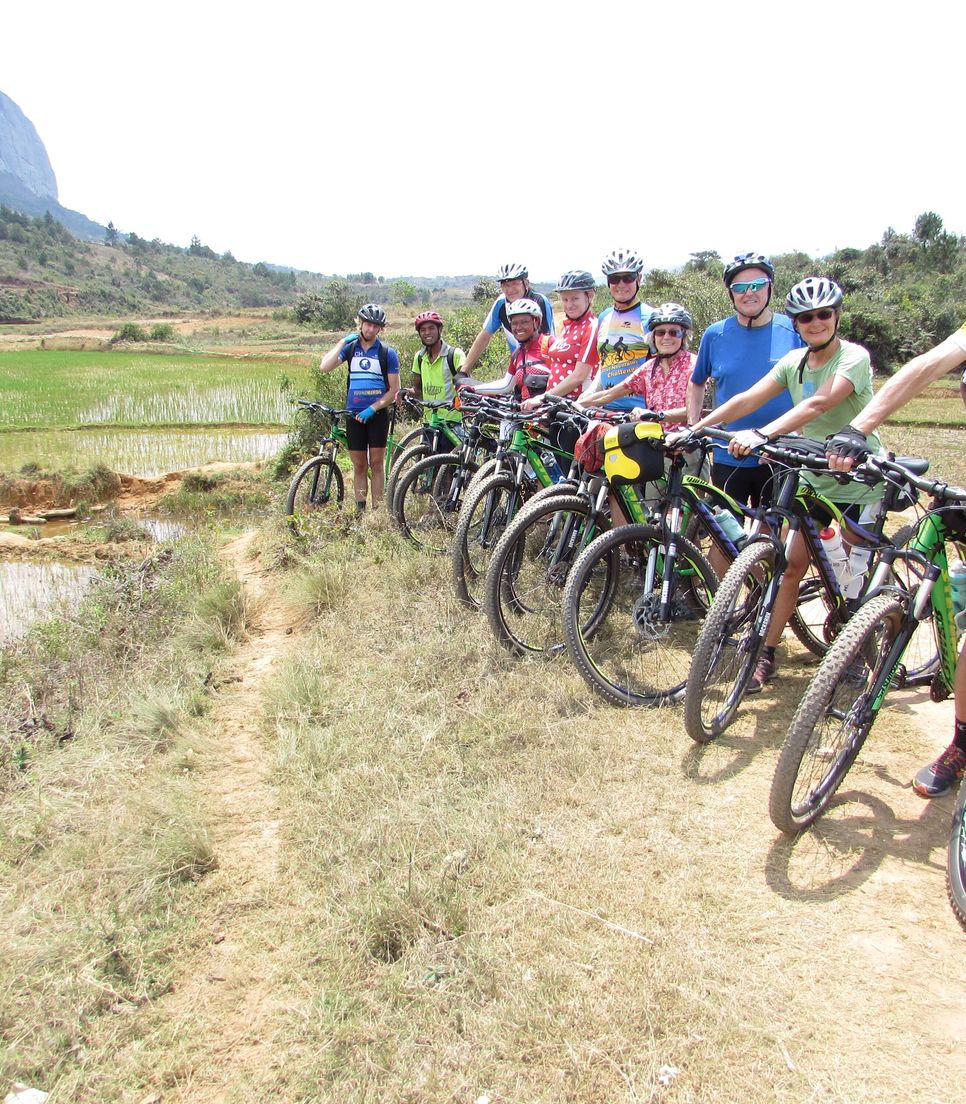
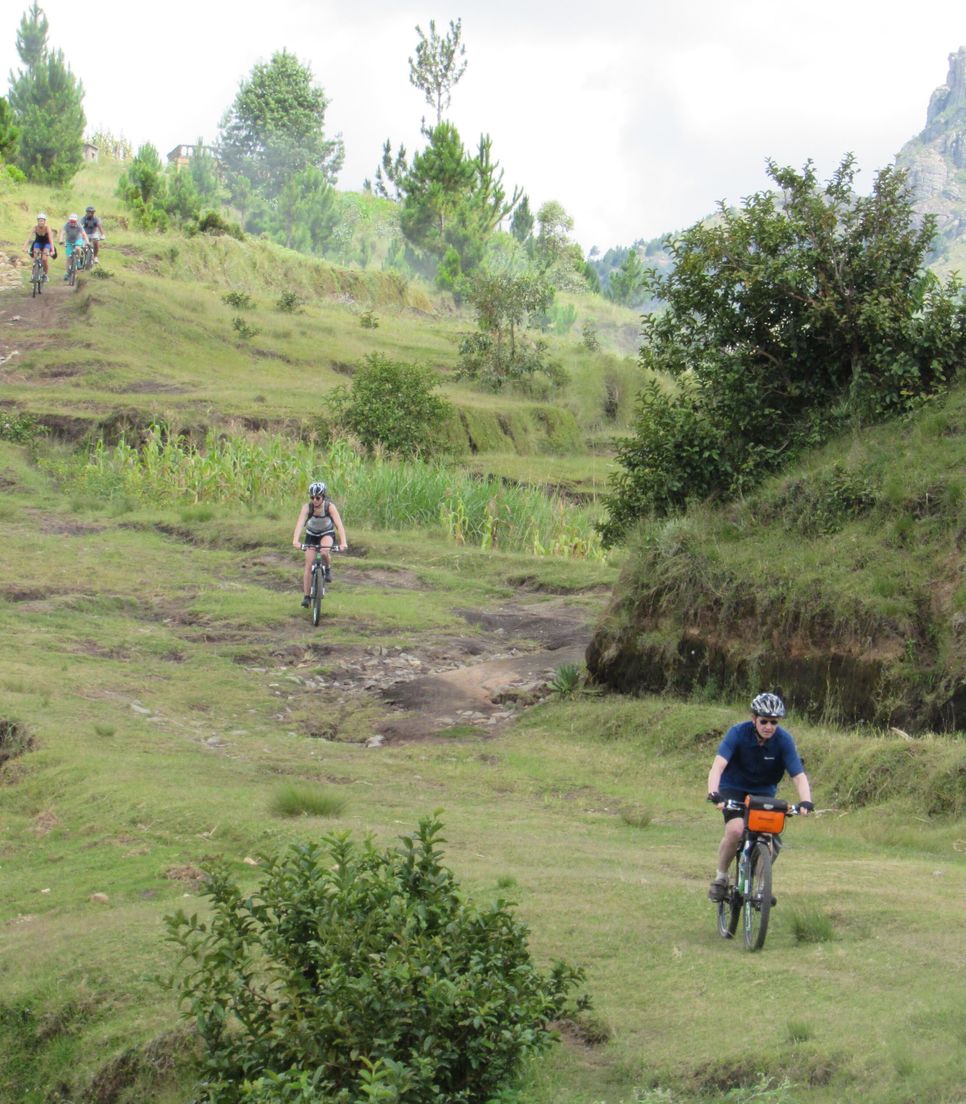
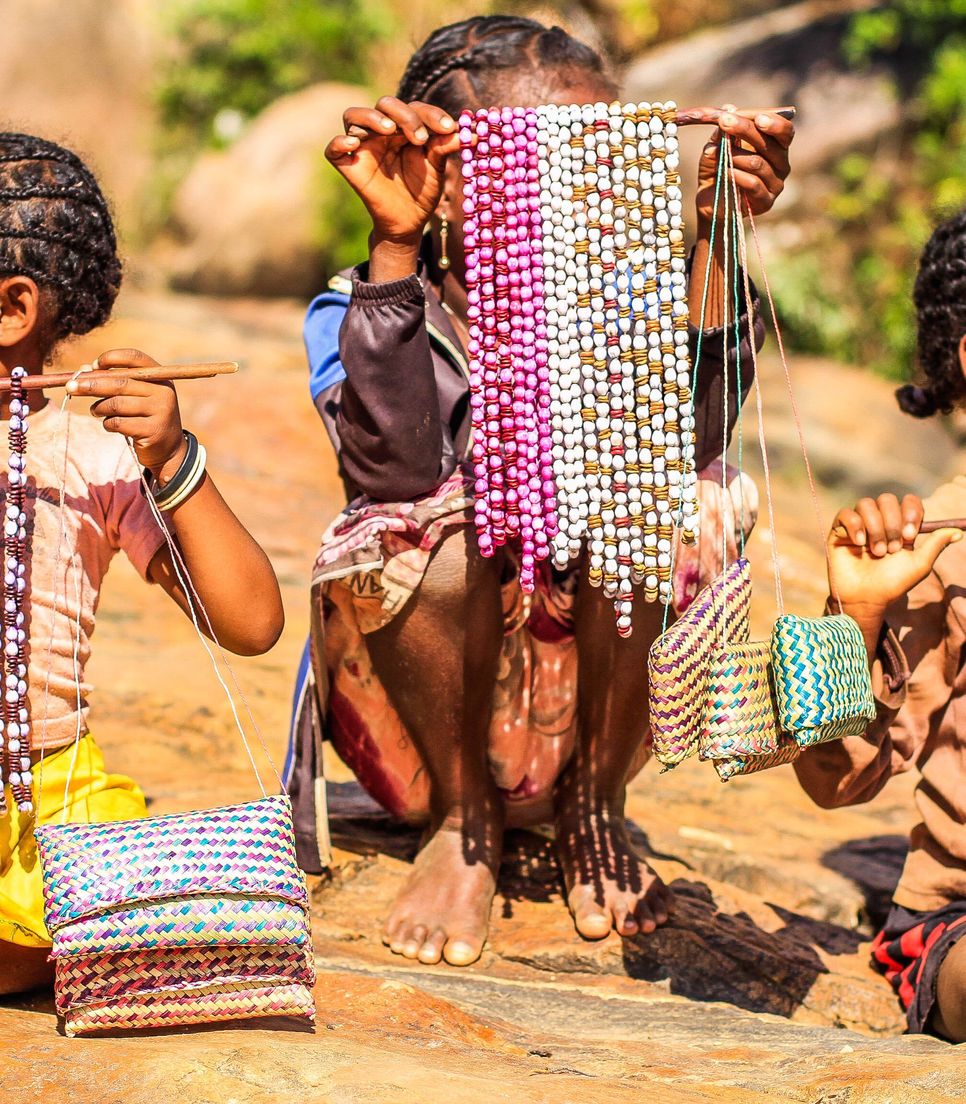
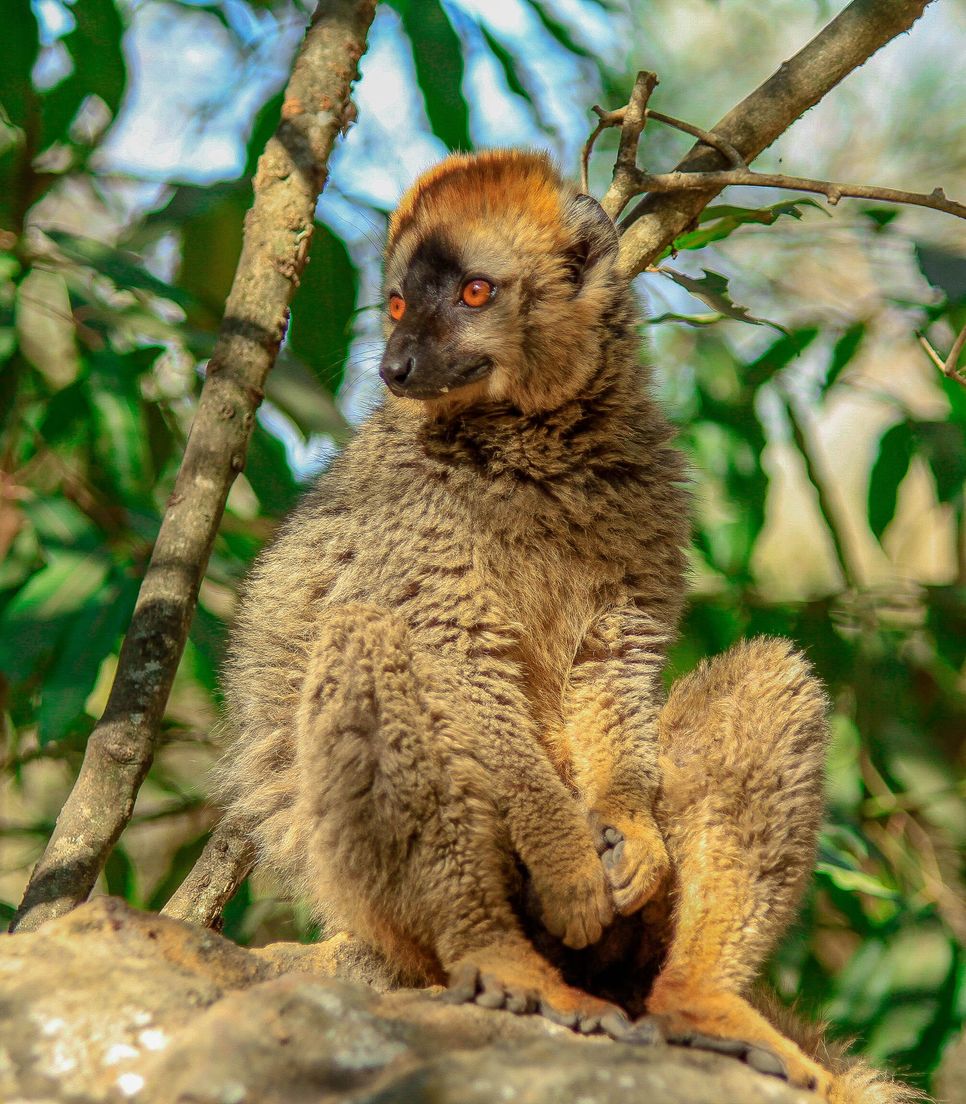
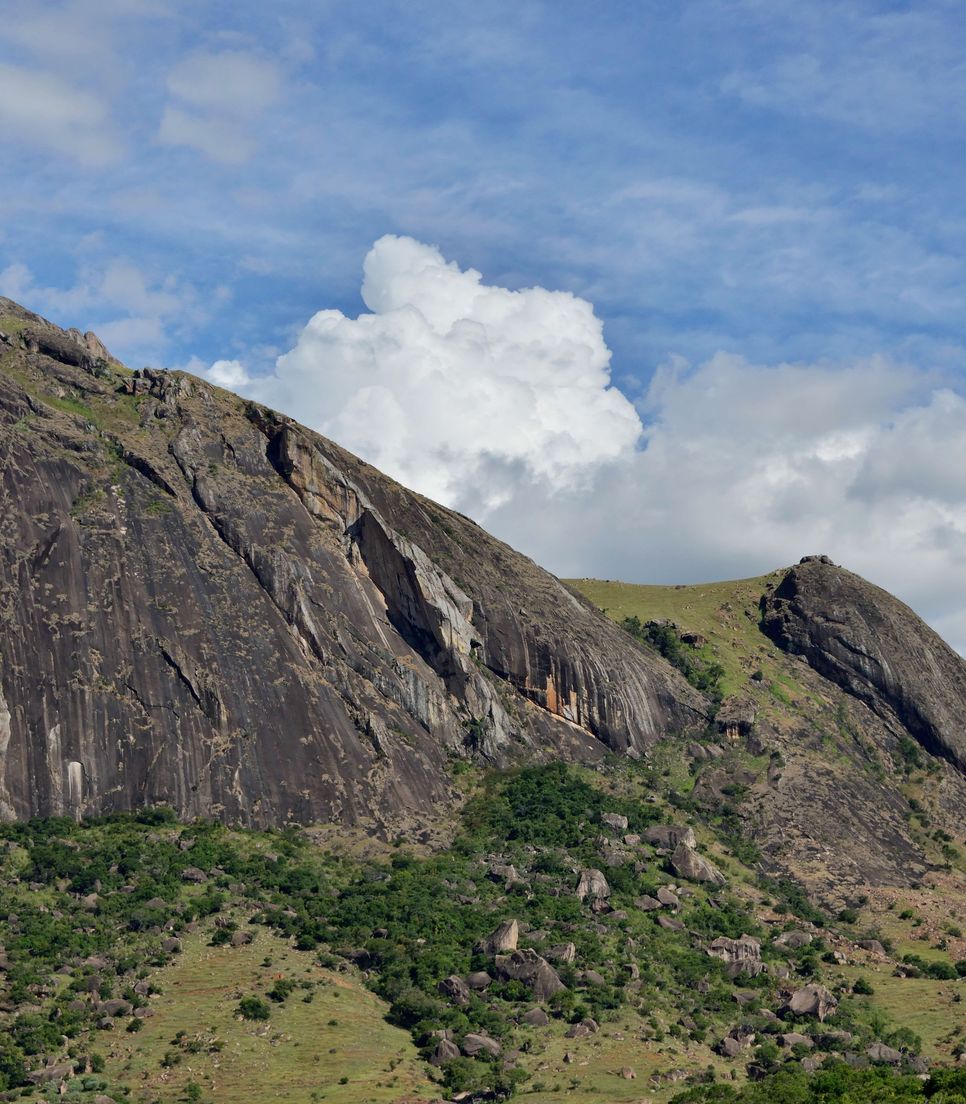
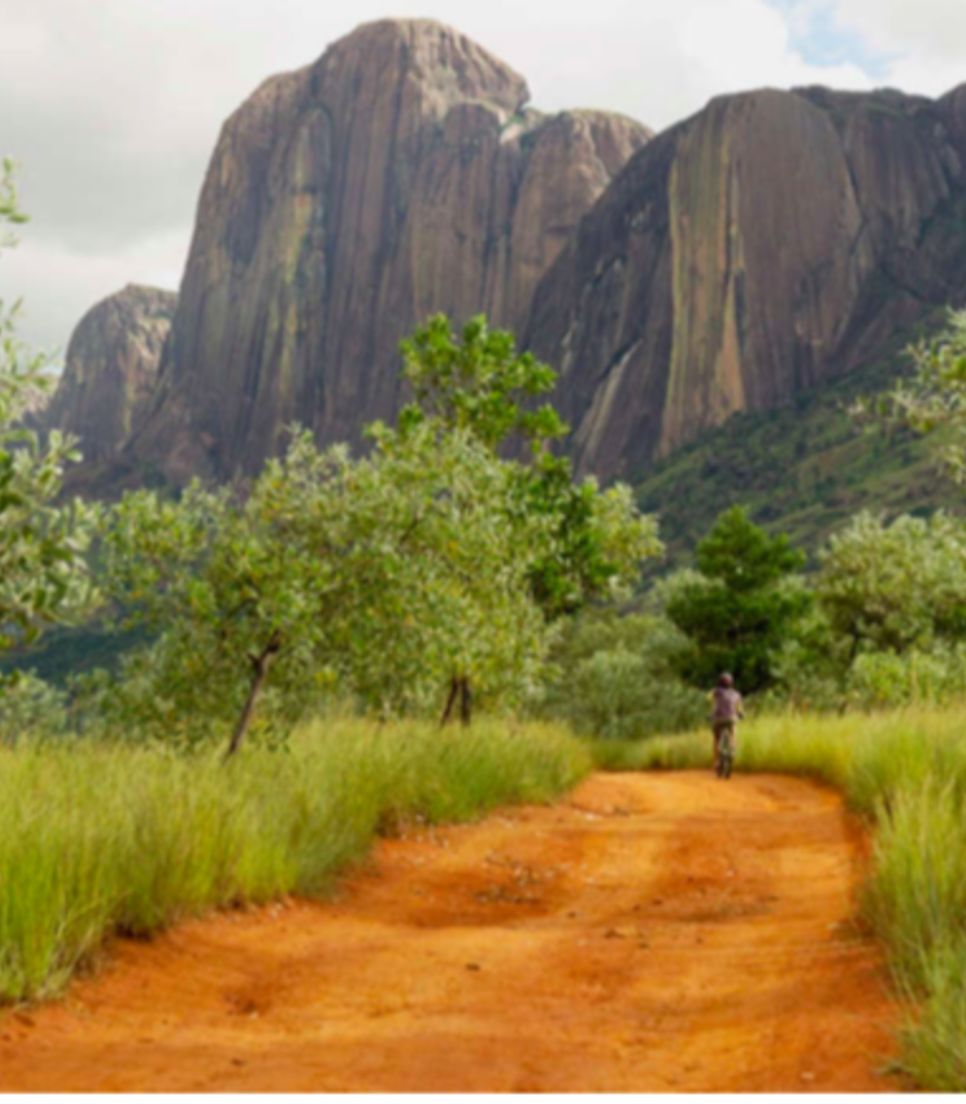
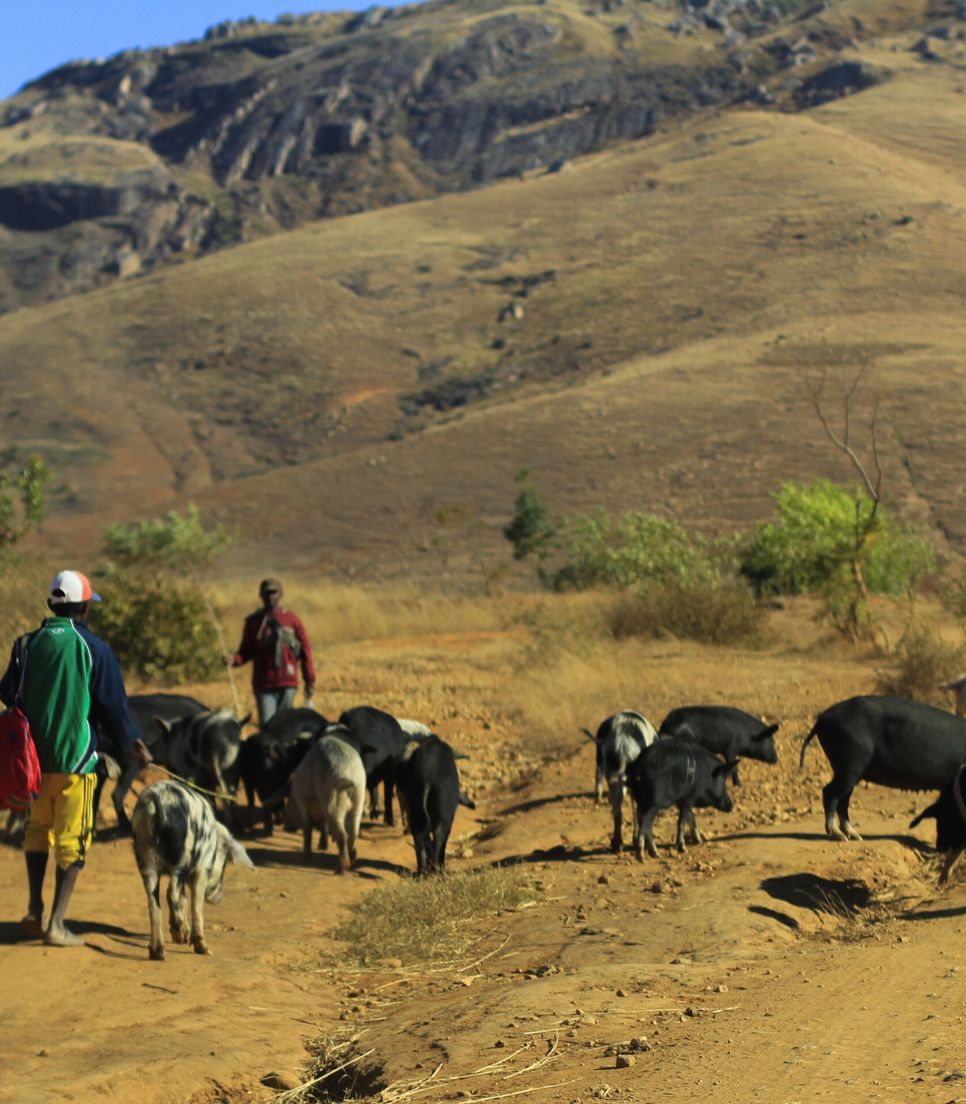
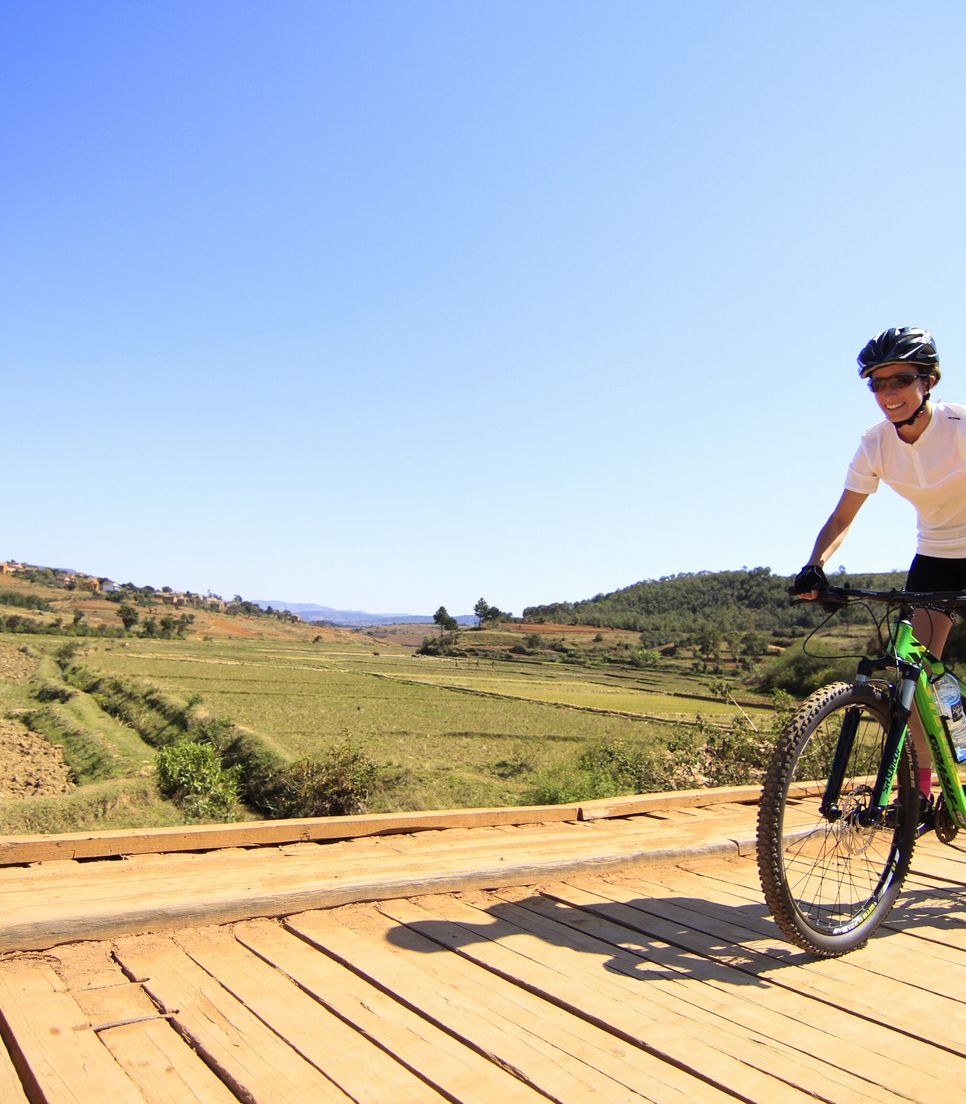
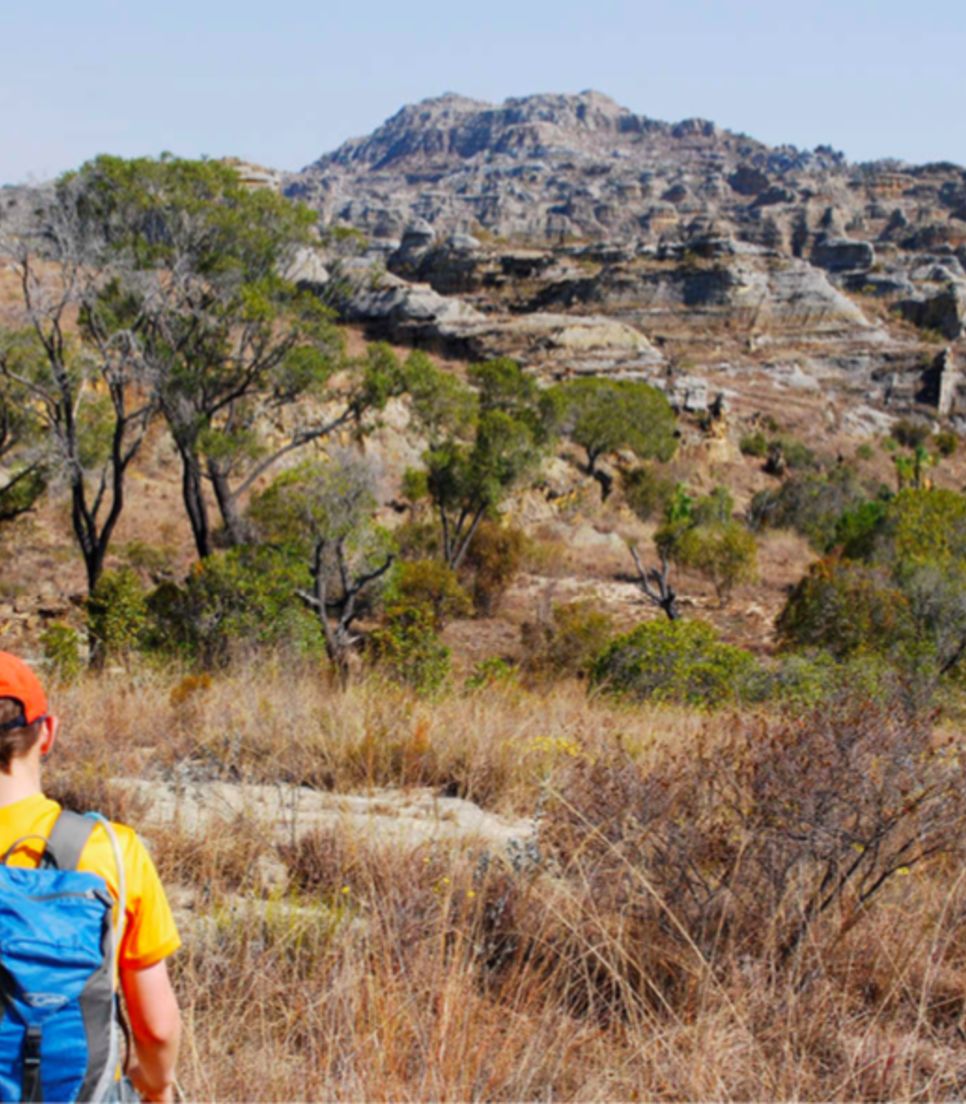
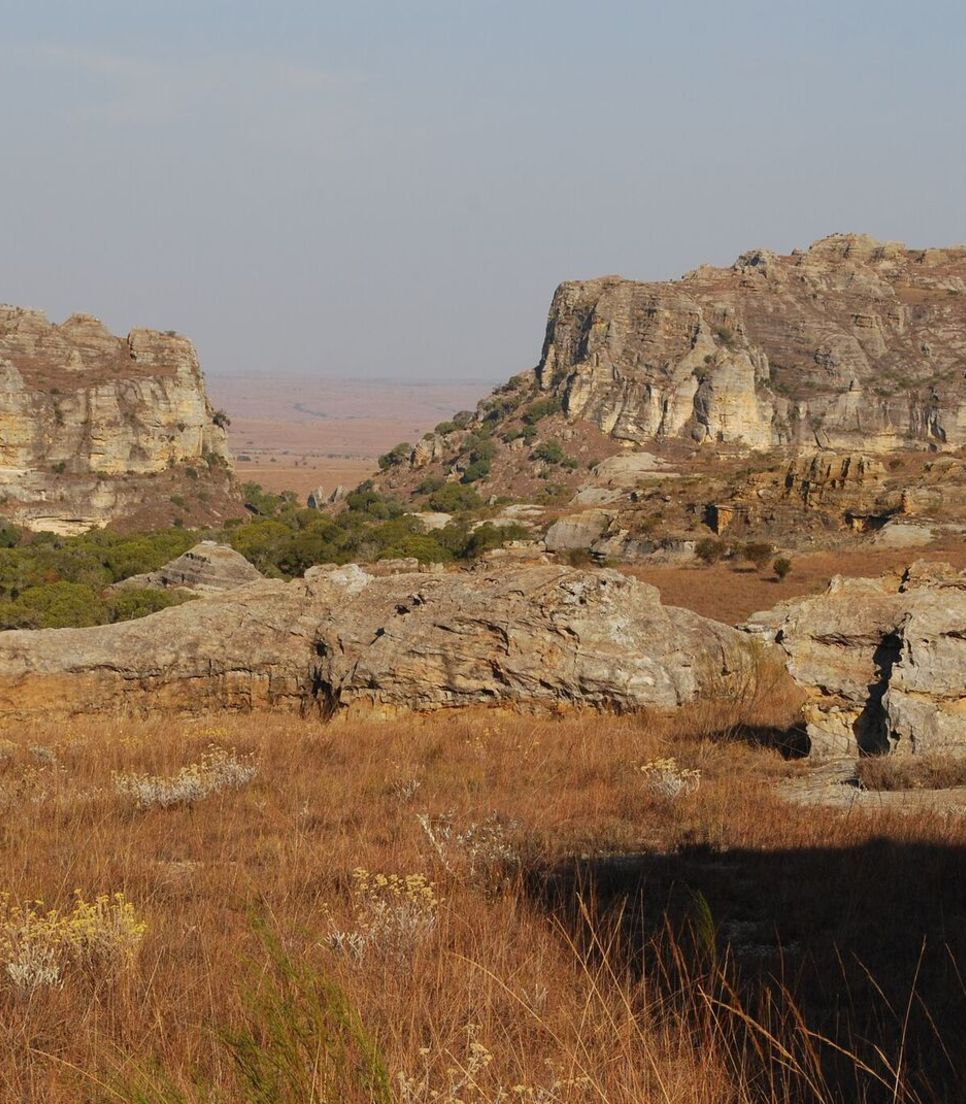
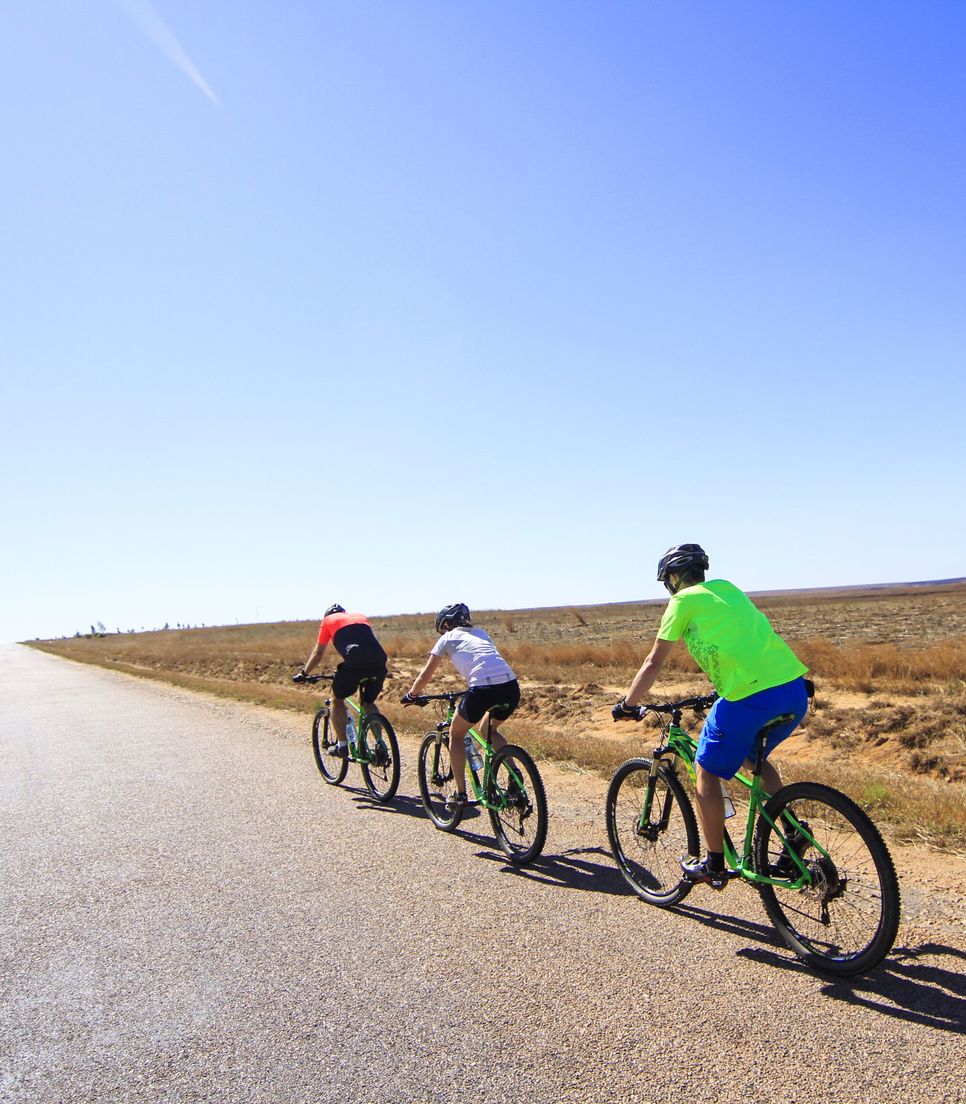
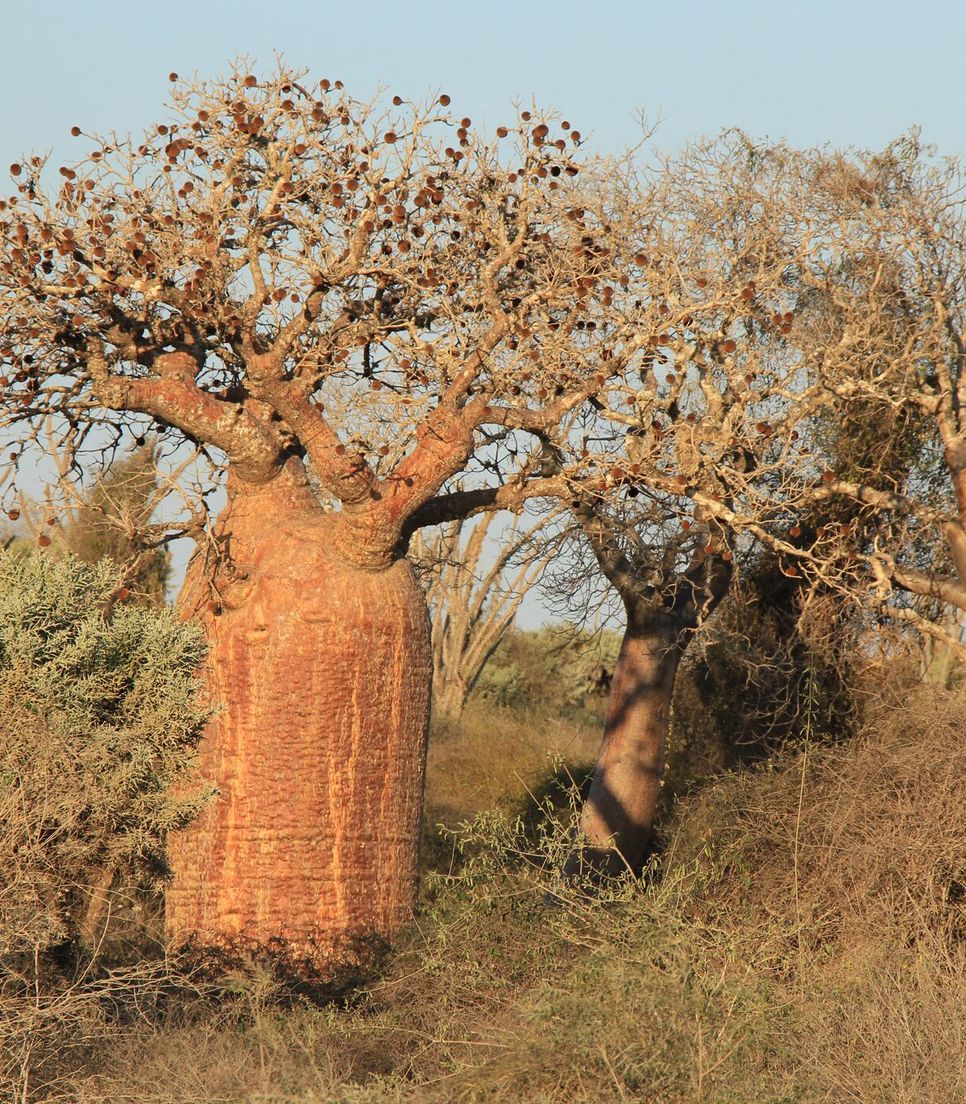
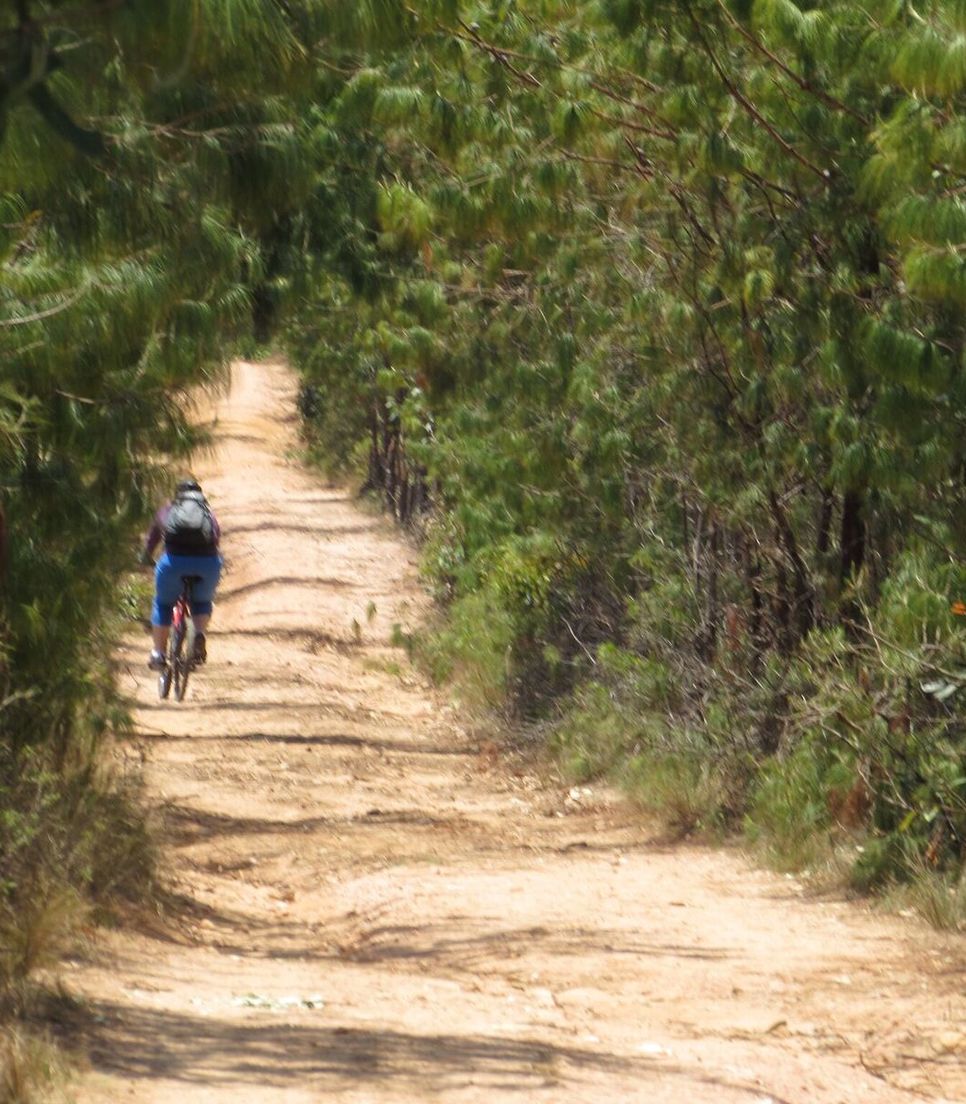
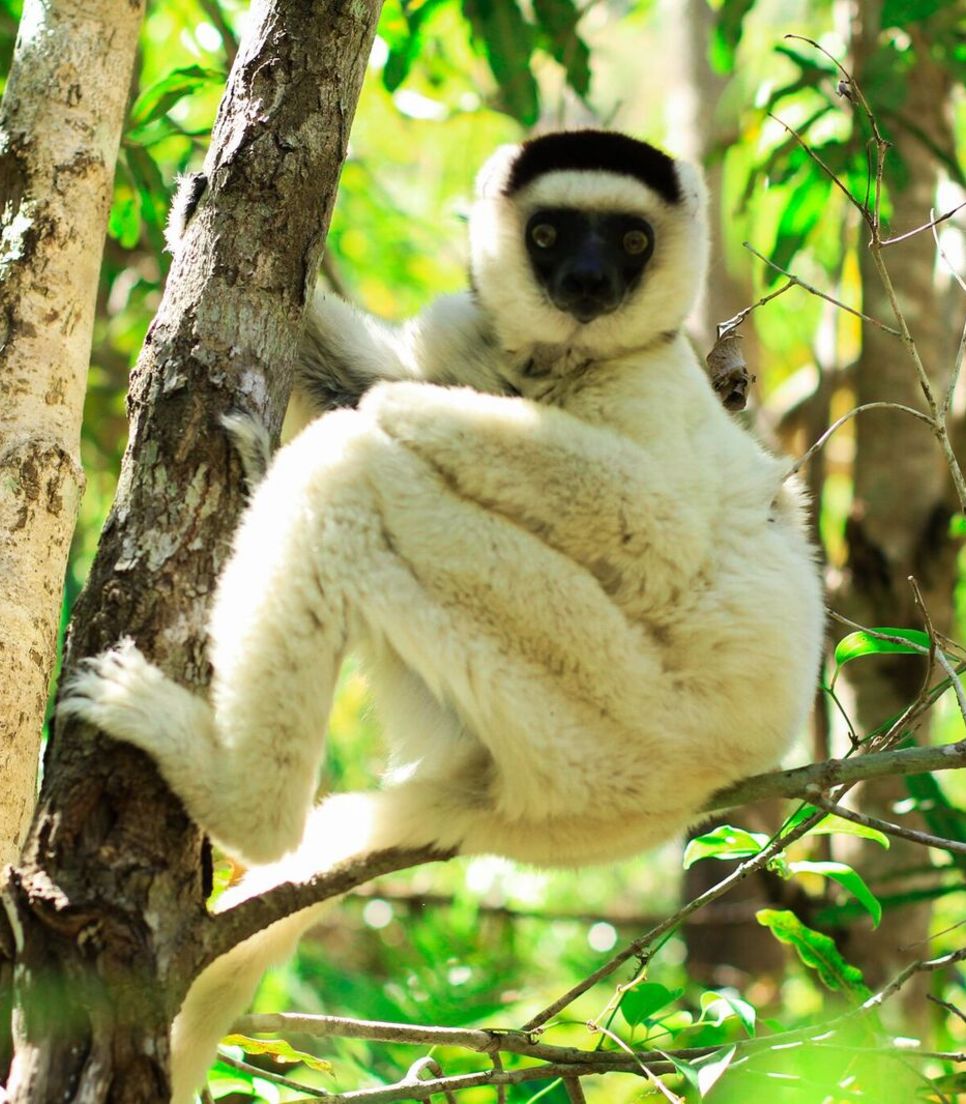
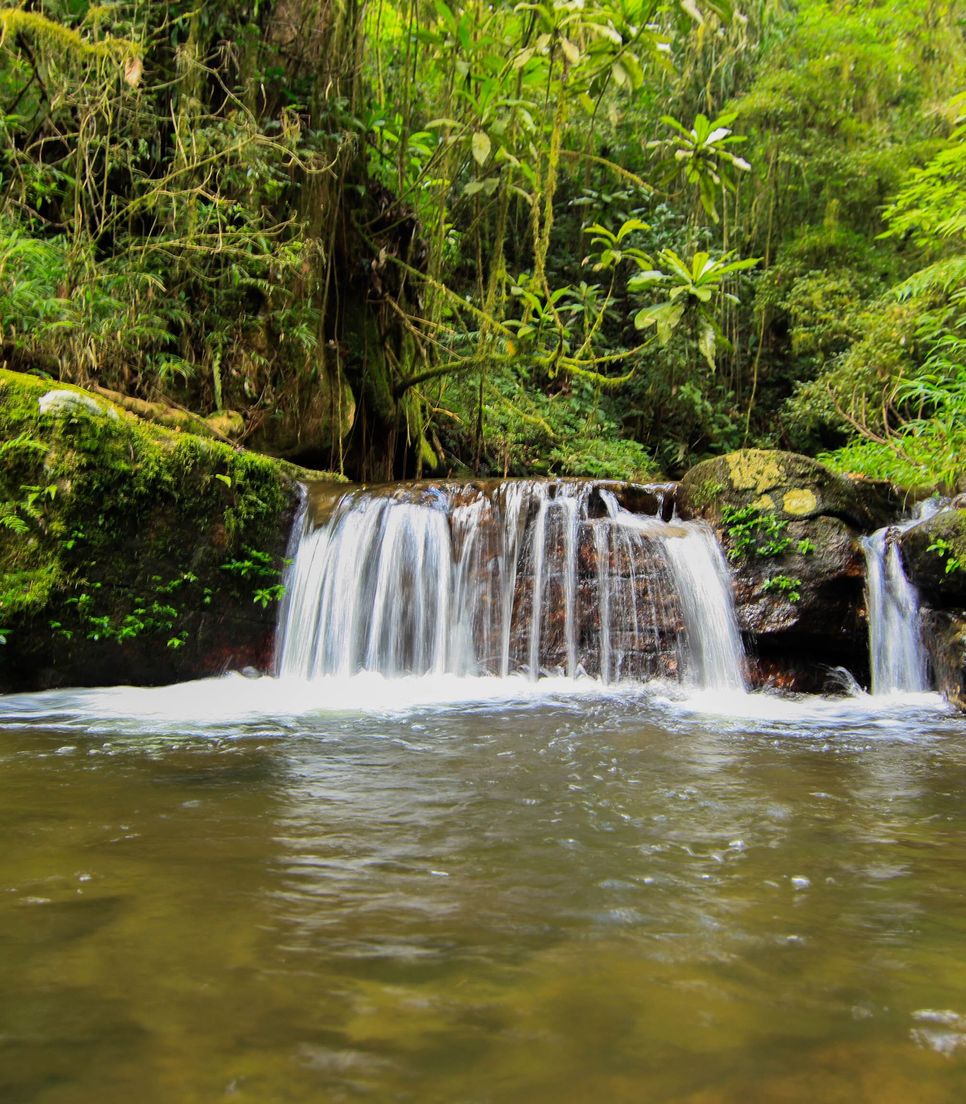
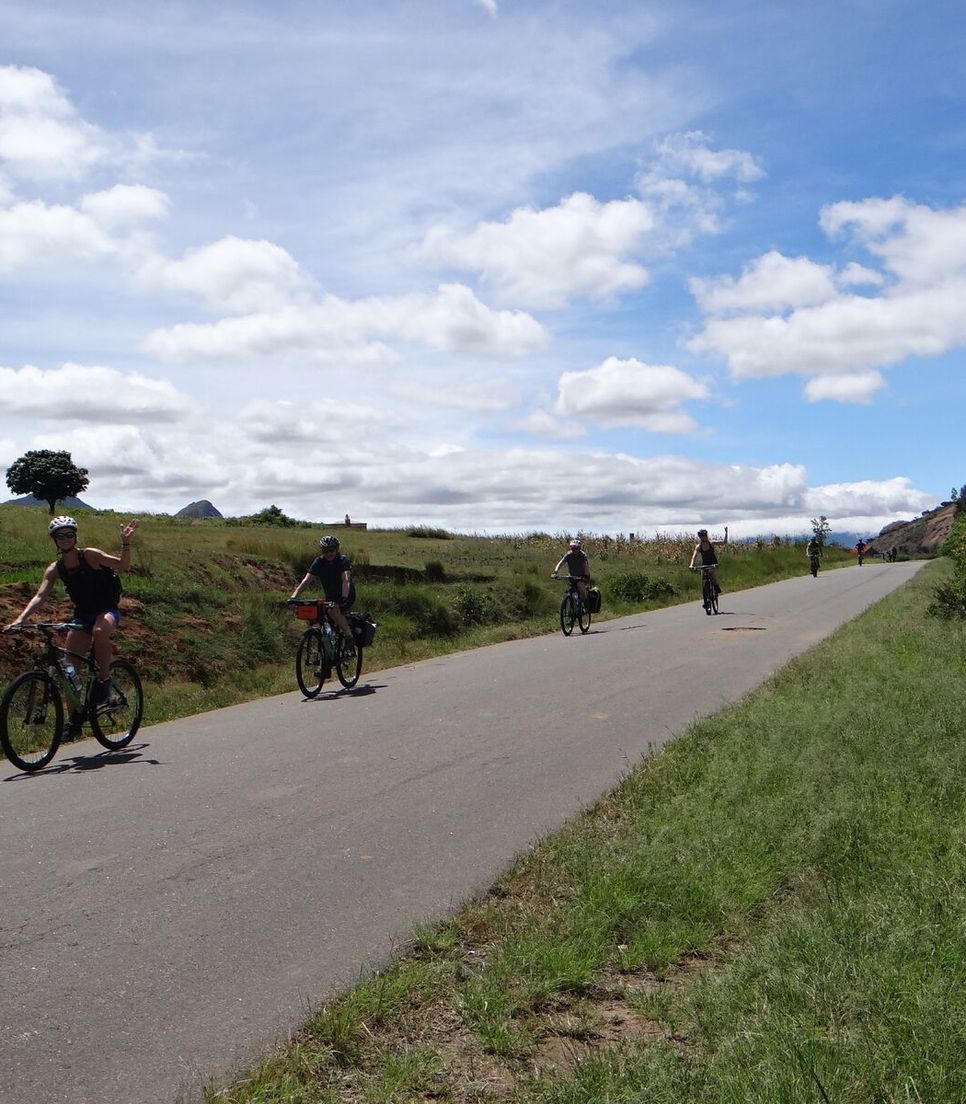
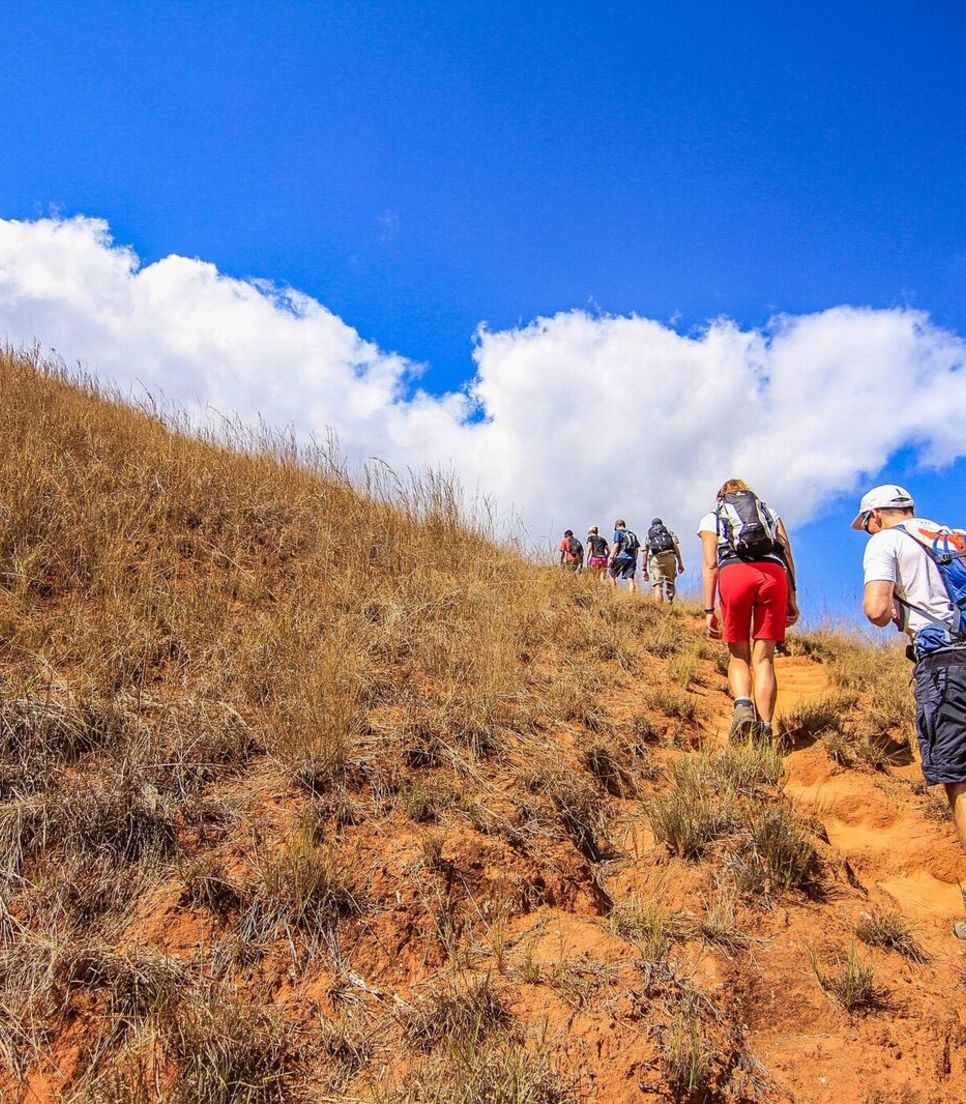
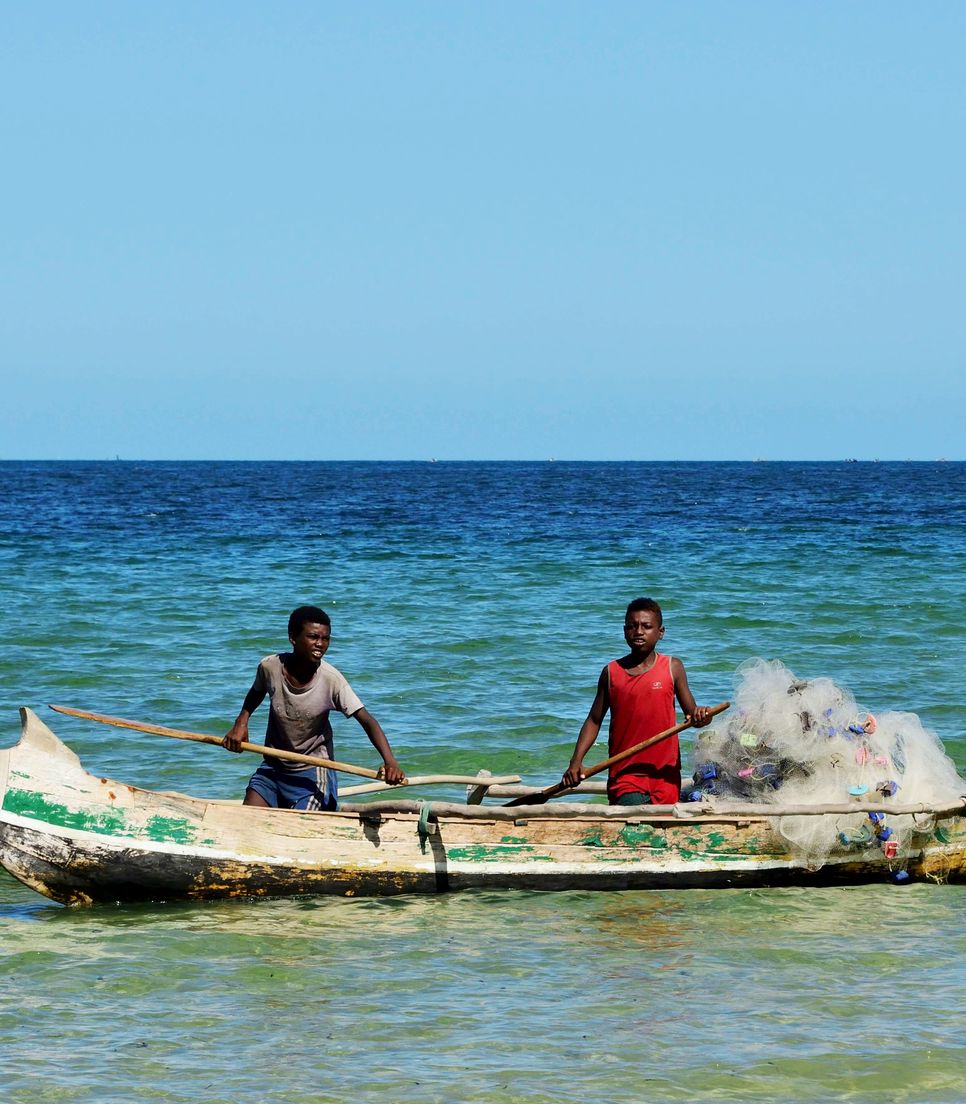
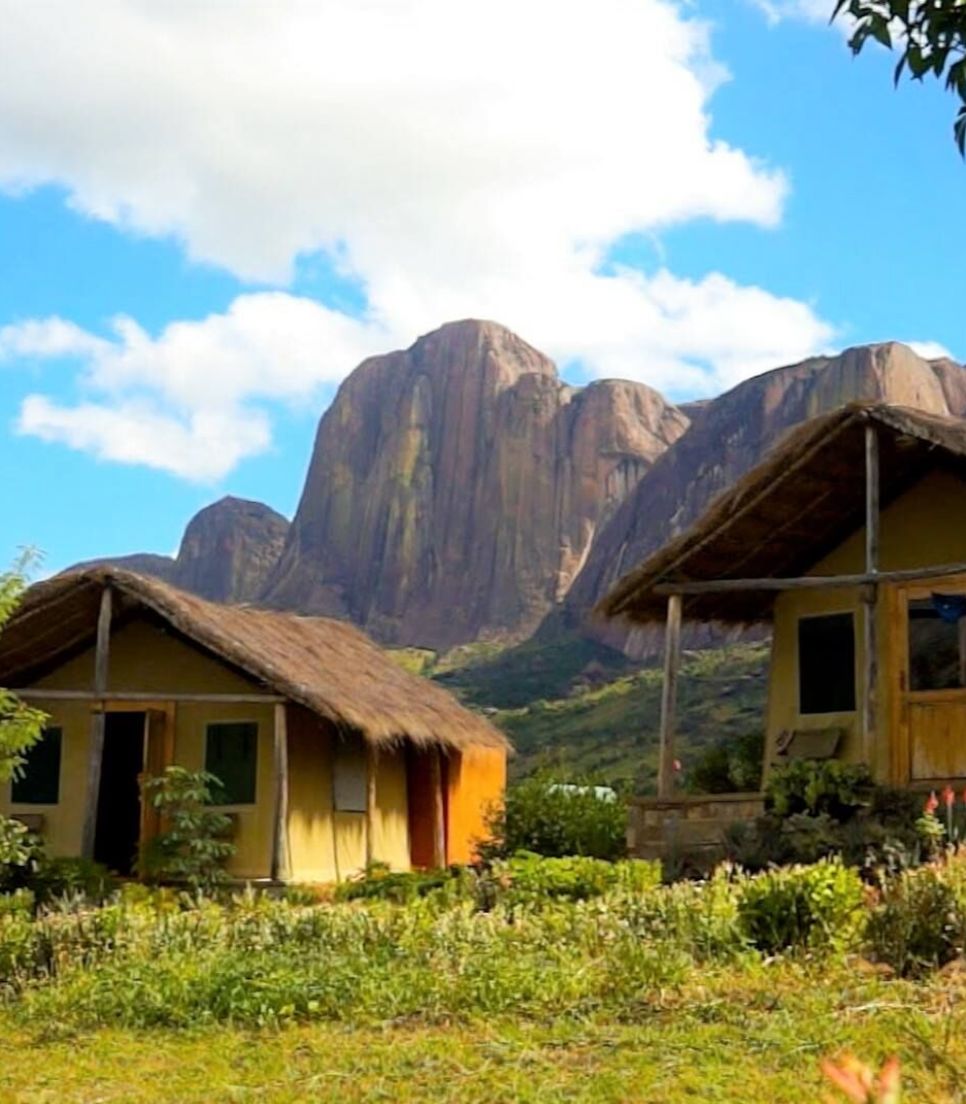
Cycle Madagascar from the Highlands to the Coast
Cycling from the Malagasy highlands to the coast is one unforgettable experience to discover the fourth biggest island in the world. From Antsirabe to Ifaty beach you will cover about 580 km (360 mi) of cycling. This trip gives cyclists a good chance to meet local people, learn about their culture and customs, explore fauna and flora and of course cycle through villages and different landscapes. This itinerary is a well-balanced tour, not only the accommodation and highlights but as well the mixing of tarmac road and off-road terrains. Experience this very special bike ride through Madagascar.
- CategoryCultural & Historical
- TypeFully Guided
- Duration16 days
- Culture LevelOut There
- Skill Level3 - Intermediate
- Activity Level3 - Active
- Elevation2 - Moderate
- TerrainMixed
- Distance348 miles
- Avg. Daily Distance43.5 miles
Itinerary Details
- Day 1Touching down in Antananarivo, 'town of thousands'
You are free to arrive at any time. Upon arrival in Antananarivo you will be greeted by your tour manager and transferred to your hotel. The rest of the day is at your leisure.
Antananarivo, mostly shortened to Tana, takes its name from an episode in Malagasy history. King Andrianjaka had his royal palace and stronghold here. The name of the town means ‘one thousand warriors’. He quartered them at the palace and called this city Antananarivo.
- Accommodation in Antananarivo
- Day 2Antananarivo – Antsirabe (with bike fitting and bus transfer)
On the way to Antsirabe, you will reach the fertile highlands. In addition to the typical rice terraces, you will also see many fruit and vegetable plants. There will be a stop here and there to talk to people or to observe the rural life. The surrounding area of Antsirabe is worth exploring. Here and in Betafo the agricultural products of the area are cultivated. From here, most of the fruit and vegetables are transported to Tana and sold all over the country.
In the afternoon, you will have your bike fitting. A first small ride is on the agenda, to get used to the bikes and the traffic.
- 9.9 miles
- Accommodation in Antsirabe
- Breakfast, Lunch, and Dinner
- Day 3Antsirabe – Lake Andraikiba – Lake Tritriva – Betafo – Antsirabe
In the area around Antsirabe, the Vakinankaratra, there are numerous crater lakes. The two most famous are Andraikiba and Tritriva. On the way, you'll see and enjoy the typical landscape of rice fields, fruit and vegetable plantations and grazing cattle. First, cycle to the Lac Andraikiba which was a recreational area and centre for water sport activities. Nowadays it serves as a water reservoir for Antsirabe.
Keep cycling on good dirt road and pass through several villages until you reach Lac Tritriva. It's a very historic lake that's volcanic in origin. While there, you can appreciate the beautiful view of the villages and fields of grain farmers hard at work for the brewery. After lunch, cycle some more until Betafo which is can be translated to 'where there are many roofs'. Take your time to explore this area, visit the market or spend time with the locals.
The day ends in the afternoon at Antsirabe with a 22km drive on tarmac roads.- 39.1 miles
- Des Thermes, Antsirabe
- Breakfast, Lunch, and Dinner
- Day 4Antsirabe – Ambositra
Once you get used to the Malagasy traffic, you will continue your journey through the fertile high valley towards Ambositra. Along the hilly road, you will encounter Zebu cattle and friendly cattle shepherds repeatedly, offering you breathtaking views of the surrounding rice fields and pine forests. As you drive through the fertile and lush landscape, you will witness the bustling activity in the fields, where women will be washing their laundry on the riverbanks and drying it on the rocks.
The area will be incredibly fertile, mainly cultivating rice, fruit, and vegetables. You will pass through typical highland villages, just like everywhere else in Madagascar, and notice a multitude of stalls on both sides of the road, where you can find all sorts of things being sold, predominantly the agricultural products grown in the region.
- 59 miles
- La Piscine Escapade, Ambositra
- Breakfast, Lunch, and Dinner
- Day 5Ambositra – Ranomafana
The town rises like a fortress from a cool, green, and picturesque valley, lined with rice fields and surrounded by green peaks. Being the craftsmanship capital of woodcarvers from the community of Zafimaniry, Ambositra is also famous for its wood carvings, Raphia products and other souvenirs. Their traditional woodcarving art has been included by UNESCO in the list of traditional world culture masterpieces. There will be a chance to visit a workshop after which you’ll travel further on winding roads via bus to Ialatsara.
At this point, you’ll get back on the bike and follow a scenic trail beneath large granite mountains which lead to Ambohimahasoa. After two intense ascents on asphalt, cycle back on a dirt road trail through some villages and eucalyptus forests before the primary forests of the Ranomafana National Park become visible. To sweeten the ride, the last kilometres will be a fast downhill on asphalt.*the bus transfer will take approximately 2 hours
- 39.8 miles
- Cristo, Ranomafana
- Breakfast, Lunch, and Dinner
- Day 6Hike in Ranomafana National Park
Ranomafana is undoubtedly one of the most spectacular national parks in Madagascar. It extends over a mountainous terrain completely covered by dense and damp primary and secondary forests. This is where the endangered golden bamboo lemurs were discovered, which helped place the area under special protection.
If lucky, you can catch a glimpse of them in the park. For a better chance at this, get up early in the morning which is the most ideal time to witness all the animal spectacles of the area. At Ranomafana there are many lemur species, geckos, chameleons, frogs and bird species, a lot of which are endemic. The flora is spectacular also with orchids, tree ferns and giant bamboos. Back in the village, there will be an opportunity to take a bath in the public swimming pool of the hot springs.*bus transfer to/from the park will take take approximately 90mins
- Cristo, Ranomafana
- Breakfast, Lunch, and Dinner
- Day 7Ranomafana –Sahambavy
The day starts with an uphill ride on asphalt through the rainforest. First there is a rather steep ascent past the park entrance to the small town of Ambanja. On the way you will see families selling river sand, as well as some basket weavers. Keep pedaling those bikes on a field and forest path to Sahambavy. From here the car cannot follow since some decrepit bridges can only be crossed by bike or on foot.
Sahambavy is the Malagasy centre of tea cultivation and is the only production site on the island. Interestingly, its name means something like 'garden of women' and is inspired by the gentle curves of the plantations and the succession of gently green shining hills with their deep green valleys.
There will be a visit to a tea factory where you can find out more about the harvest and production process. A tea tasting will conclude the visit after which there’s another kilometre before reaching the hotel for the night.Cycling: 44km/27mi
Bus Transfer: 22km/14mi (approx 40mins)- 27.3 miles
- Lac Hotel, Sahambavy
- Breakfast, Lunch, and Dinner
- Day 8Sahambavy –Ambalavao
Cycle to Fianarantsoa, the former spiritual centre of the country. This is the third largest city in Madagascar and the capital of the Haute Matsiatra region. It was built as an administrative center in the early 19th century and is a very busy city. The route to Ambalavao is mostly downhill with scenic views of the valleys. Just before you reach the destination, there will be one last climb to conquer.
Alternatively, you can choose to cycle on a dirt road from Sahambavy to Ambalavao. The car cannot follow on this route. Expect to cross several small valleys with rice fields, manioc plantations and some eucalyptus forests. Since travellers rarely reach this area, local children may stand around and observe you out of curiosity.
The last section of today’s ride will be in the car.
Cycling: 85km/53mi or 51km/32mi on dirt road
Bus Transfer: 45km/30mi (approx. 1 hour)- 52.8 miles
- Aux Bougainvillées, Ambalavao
- Breakfast, Lunch, and Dinner
- Day 9Ambalavao –Anja Villagers Park –Tsaranoro
After breakfast, visit the traditional Antaimoro paper production. The origin of the copper-coloured paper, which feels like a fine, silky rough fibre wallpaper, goes back a long way to the past. The next stop is the bizarre landscape of Anja Park. This small park is a good example of the self-administration of a village and the development of tourism. At the entrance to the park is an information hut where you can find out more about the project. Keep an eye out for the Katta (Lemur Catta) which are enjoyable creatures to watch.
Upon arriving at the south of Ambalavao, you’ll notice that the area changes. The lush rice fields and green areas disappear and gradually change from a vast steppe to a savannah. Cross the borders from the highlands onto the south where huge granite massifs alternate with the grass steppe landscape. Get ready to be mesmerised by views of red earth and small, picturesque villages.
Cycling: 54km/33mi- 33.6 miles
- Tsara Camp, Tsaranoro
- Breakfast, Lunch, and Dinner
- Day 10Hike into Andringitra massif
Today you will take a hike in the Andringitra massif with the ascent to the ‘chameleon’ mountain, you can recognise the shape of a chameleon in the rock. After villages, rice fields and hills you will reach some forests. Maybe you'll see lemurs. The mountains with its steep cliffs are of volcanic origin and probably very suddenly emerged. They consist of highly fissured granite. The height can be between 650 (2132ft) and 2600 meters (8530ft). Andringitra Park extends over a length of 100 km (62mi). You will enjoy spectacular views over this ancient landscape.
- Tsara Camp, Tsaranoro
- Breakfast, Lunch, and Dinner
- Day 11Tsaranoro–Ranohira
You will cycle back onto asphalt road. From there you will continue by car to Ankaramena, a place known for its mangoes and papaya. Then you will pass through the sleepy town of Ihosy and continue towards the Horombe Plateau until you reach Ranohira, the centre of the Bara ethnic group.
To get a more intense impression of the area’s vastness, cycle the last 65km (40mi) to your hotel on good tar road. Despite its dryness, the landscape here is one of the most diverse in the country and can be inspiring with its wide steppes, grotesque rocks formations and later with a beautiful coastline.
Cycling: 85km / 53mi
Bus Transfer: 120km / 75mi (approx. 3hrs)- 52.8 miles
- Hotel Orchidée de l'Isalo, Ranohira
- Breakfast, Lunch, and Dinner
- Day 12Hiking in the Isalo National Park
The Isalo National Park is a mountainous landscape with caves, deep gorges, streams and beautiful oases. It was shaped by erosion into fantastic and bizarre rock formations. The park covers the entire area of the Isalo massif, a spectacular eroded sandstone mountain and is also the area's water reservoir.
Your adventure begins today with a hike in the park. You’ll be crossing landscapes that have been created over thousands of years. If lucky, you might be able to spot ring-tailed lemurs, vasa parrots, Madagascar cuckoo and other creatures that are unique to the country. Afterwards a swim in a small refreshing lake and spectacular views of the region would be a perfect way to end the day.Bus Transfer: approx. 50mins both ways
- Hotel Orchidée de l'Isalo, Ranohira
- Breakfast, Lunch, and Dinner
- Day 13Ranohira–Toliara
Take the bus towards Toliara (Tuléar), the end of the national road 7. On the way, you will see impressive baobabs that look like they are wildly scattered in this area. You will also drive past the tombs of the Mahafaly and Antandroy. These ornate square burial sites of wood or stone honor deceased members of mostly chiefly and royal lineages.
A few kilometres before Toliara, hop on the bikes after the bus ride. The area around Toliara is the homeland of the Vezo ethnic group who earn their living by fishing. Toliara is often called ‘the white city’ because of the extraordinary luminosity of the sky which sometimes appear like a rainbow. It is a lively city with many bars and restaurants and a strong nightlife. Toliara never sleeps!
After lunch, it's time to get back on the bikes again for the last stage. Continue cycling through some small fishing villages such as Ifaty, Madiorano and Ambolimailaka. Be mesmerised by the Indian Ocean views which begs you to go for a swim.
In the evening, it’s time to forget all the exertions and celebrate the end of a fantastic bike tour. On this occasion, your Tour manager will also bid his ‘Goodbye’.
Biking: 54km/34mi
Bus Transfer: 240km/149mi (approx. 5 hours)- 33.6 miles
- Belle Vue, Toliara-Ifaty
- Breakfast, Lunch, and Dinner
- Day 14Swimming and relaxing
Relaxation begins today and there is no itinerary to follow. The coastal towns north of Toliara are a perfect spot for exploration with their beautiful beaches. The places are located on the largest lagoon in the country and protected by a coral reef. With water temperatures around 25°C (77°F), it’d be great for a refreshing swim.
- Belle Vue, Toliara-Ifaty
- Breakfast
- Day 15Swimming and relaxing continued!
More fun and relaxation ensues! You can opt to swim again or snorkel in the warm Indian ocean today. But if you'd like to try something else, Madagascar's barren thorn forests and typical succulents (Didieraceae and Pachypodia) is one of the most scenic areas of the country despite its dryness.
- Belle Vue, Toliara-Ifaty
- Breakfast
- Day 16Departure
Flight home today or continue on your journey. A transfer to the Toliara airport is included.
- Breakfast
